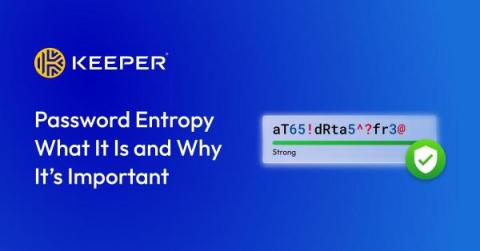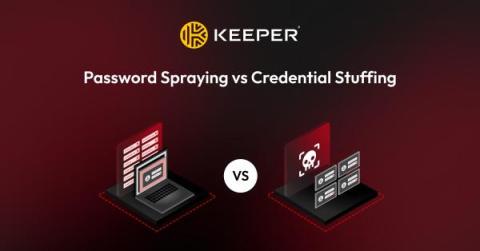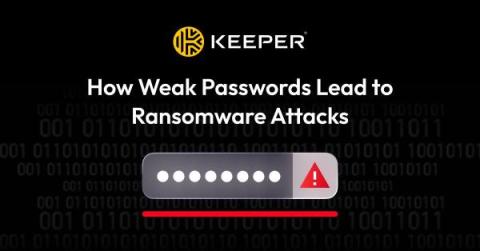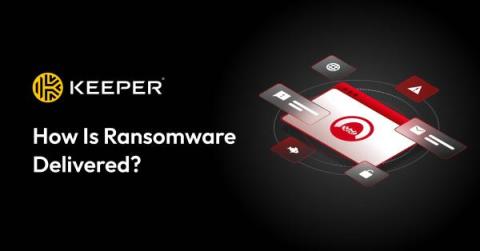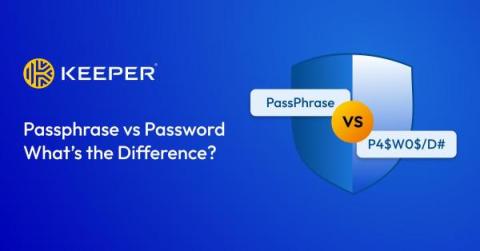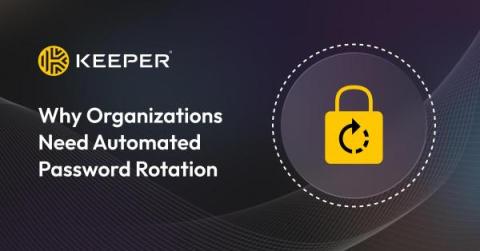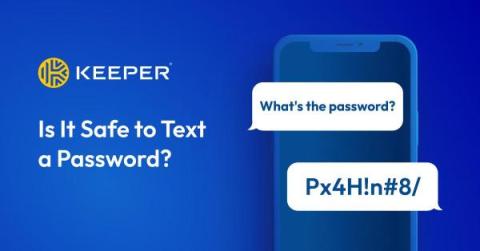Password Entropy: What It Is and Why It's Important
Password entropy is a measurement of how difficult it would be for a cybercriminal to crack or successfully guess your password. When calculating password entropy, the calculation takes into account how long your password is and the variation of characters you’re using. Character variations include the use of uppercase and lowercase letters, numbers and symbols. Continue reading to learn more about the importance of password entropy and how you can calculate it using the password entropy formula.


